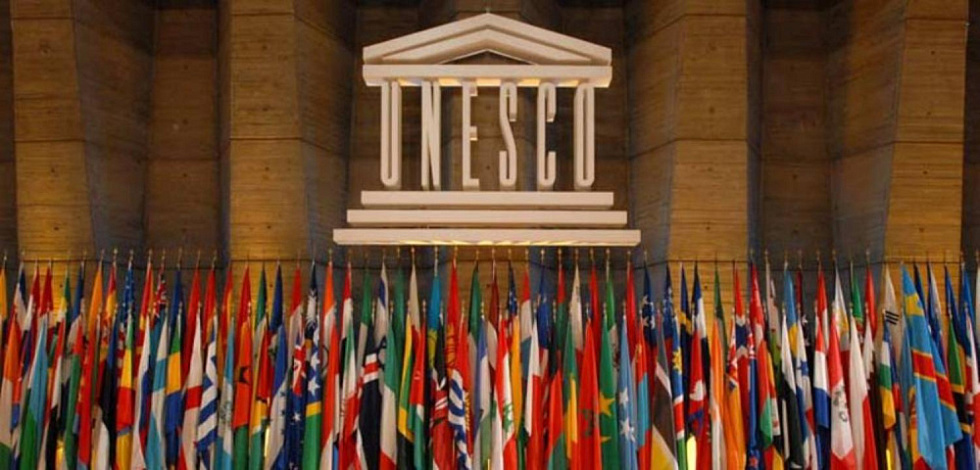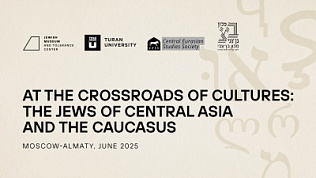Tolerance Center got the Prize of UNESCO
The Federal Research Guidance Center in the Field of Psychology and Tolerance Pedagogics (Tolerance Center) got the Prize of UNESCO.
The Tolerance center won the UNESCO-Madanjeet Singh Prize for the Promotion of Tolerance and Non-Violence.
The high profile award ceremony of the winners of the Prize for the Promotion of Peace Ideals and Non-Violence was carried out on the 16th of November in the head-quarters of UNESCO in Paris. Nada Al-Nashif, the Assistant Director-General for Social and Human Sciences at UNESCO, awarded Alexander Boroda, the Director-General of the Jewish Museum and Tolerance Center, with the honorary diploma.
“The UNESCO-Madanjeet Singh Prize for the Promotion of Tolerance and Non-Violence clearly proves that we are heading in the right direction. Our collaboration with UNESCO laid the perfect foundation, and we are not planning to rest on our laurels and will move only forward. Undoubtedly, a modern society in which tolerance and mutual respect will be the key principles will be the best result of our work.”
Alexander Boroda, the Director-General of the Jewish Museum and Tolerance Center.
The Prize bears the name of Madanjeet Singh, an artist, writer, diplomat and UNESCO Goodwill Ambassador, and is awarded every two years.
This year the International jury which consists of the representatives of UNESCO member states chose by a solid vote the Russian Center for its scientific and education programs meant to promote a dialogue between different religious denominations including the ones with the involvement of young people.
The prestigious award was given on the occasion of the International Day for Tolerance – the 16th of November. Tolerance Week, the special program with the unique idea, process and level of involvement of children into a social dialogue about cultures of different countries, is dedicated to this Day in Moscow. Madanjeet Singh Prize is an expression of high appreciation of the Center activities by the international community of professionals.
“The Tolerance Center is our partner in state national policy implementation. It is important that there exist private institutions in Russia which deal with such key topics for the state and society as tolerance and intercultural dialogue development. The Prize of UNESCO proves high appreciation and universal recognition of employees’ expertise and program quality of the Tolerance Center. We congratulate our partners and wish them further success, and we are proud that a Russian organization was awarded with the Prize of UNESCO”.
Igor Barinov, the head of the Federal Agency for Nationalities.
A co-publication of the Tolerance Center and UNESCO covering the theme of international migration, tolerance and intercultural dialogue is scheduled till the end of 2016. Research articles of the leading world experts in the field of social and human sciences and Tolerance Center developments provided in all the languages of the UN will be included into this publication.
The Federal Research Guidance Center in the Field of Psychology and Tolerance Pedagogics, the additional education private institution, is an institution-successor of the practical experience gained by the Tolerance Center of the Jewish Museum which is successfully carrying out social and educational, social and psychological activities in the field of tolerant mindset promotion among young people starting from 2012.
The Center carries out methodological and educational activities aiming with the help of psychological and pedagogical means to strengthen Russian civic consciousness among young people, to promote the culture of peace and collaboration, and to establish a positive dialogue between people of different cultures, religions and world views.
The Center activity is firstly directed to educational organizations and teachers of the RF. Using the full-time education and e-learning programs the Center provides educational organizations with innovative developments and technologies in the field of civic education of young people with the focus on harmonization of intercultural and intergroup relations, assistance in balanced social identity shaping in the context of its civil, ethnic and other aspects.

